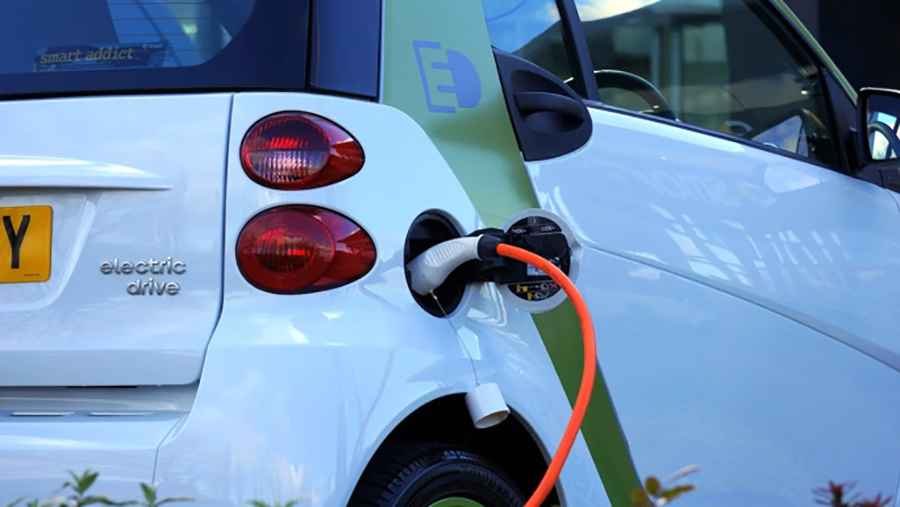Electric Vehicles in Extreme Terrains: Thermal Management and Elevation Dynamics
The transition to Electric Vehicles (EVs) in high-risk overland routes introduces unique engineering challenges that go beyond simple range anxiety. In environments involving extreme gradients and remote geography, factors such as battery chemistry stability, regenerative braking capacity, and the impact of high-altitude hypoxia on cooling systems become critical. This guide analyzes the technical viability of EVs for expedition use in demanding topographical conditions.

| Technical Facts: EV Expedition Performance | |
|---|---|
| Energy Density Focus | Li-ion / LFP Thermal Stability Range |
| Critical Metric | Watt-hours per Vertical Meter (Wh/vm) |
| Recovery Potential | Regenerative Braking Efficiency (up to 70%) |
| Stability Advantage | Low Center of Gravity (Chassis-integrated battery) |
1. Elevation Dynamics and Wh/vm Calculations
In mountain passes exceeding 3,000 meters, traditional range estimates (WLTP/EPA) become obsolete. Technical planning must shift to Watt-hours per vertical meter:
- The Ascent Penalty: Climbing extreme gradients requires massive energy discharge. A typical 2.5-ton EV may consume 10 to 15 times its flat-road energy rate during a technical ascent.
- Regenerative Recovery: On the descent, EVs offer a significant safety advantage over ICE vehicles. Regenerative braking converts kinetic energy back into chemical energy, preventing friction brake fade while simultaneously recharging the battery. In many cases, a descent from a high pass can recover 60-70% of the energy spent on the climb.
2. Thermal Management in High-Load Scenarios
Extreme rutes place immense thermal stress on the Battery Management System (BMS). Unlike ICE vehicles, which suffer from oxygen deprivation at altitude, EVs face different hurdles:
- Continuous High Discharge: Long, steep climbs can lead to "thermal throttling," where the BMS limits power output to protect battery cells from overheating. Professional EV prep for dangerous roads requires verified liquid-cooling integrity.
- Ambient Temperature Extremes: Battery performance drops significantly below 0°C. In high-altitude logistics, energy must be diverted to internal battery heaters, reducing the effective "survival range" of the vehicle during overnight stays in remote areas.
3. Structural Integrity and Center of Gravity
One of the most significant safety advantages of an EV in off-camber or technical terrain is the Static Rollover Threshold (SRT):
- Low Center of Gravity: With the battery pack located in the floorpan between the axles, the vehicle's CoG is significantly lower than a traditional truck with high-mounted fuel tanks and engines. This allows for higher lateral tilt angles before reaching the rollover point.
- Instant Torque Control: Electric motors provide 100% of available torque from 0 RPM. This allows for extremely precise "crawling" over obstacles without the need for complex multi-speed transfer cases or slipping clutches, reducing mechanical shock to the drivetrain.
4. Logistics of Remote Charging Infrastructure
The "Infrastructure Gap" is the primary barrier for EV overlanding. Technical self-sufficiency requires advanced charging strategies:
- Mobile Solar Arrays: High-efficiency folding monocrystalline solar mats can provide limited charging in base-camp scenarios, though the surface area required for a meaningful charge is substantial.
- DC-to-DC Off-grid Solutions: For remote logistics, utilizing a high-output alternator from a support ICE vehicle or a dedicated portable DC fast-charger is often the only way to sustain operations in "charging deserts."
5. Maintenance and Field Reliability
EVs have approximately 90% fewer moving parts in the propulsion system compared to ICE vehicles, but they introduce new failure modes:
- Electronic Vulnerability: While mechanical failure is less likely, the reliance on complex sensors and inverter electronics means that a single firmware or electrical fault can brick the vehicle. Field repairs are often impossible without specialized diagnostic hardware.
- Tire Shear Stress: Due to the high curb weight (mass of the battery) and instant torque, EVs subject tires to higher shear forces. In sharp rock environments, reinforced sidewalls are mandatory to prevent premature carcass failure.